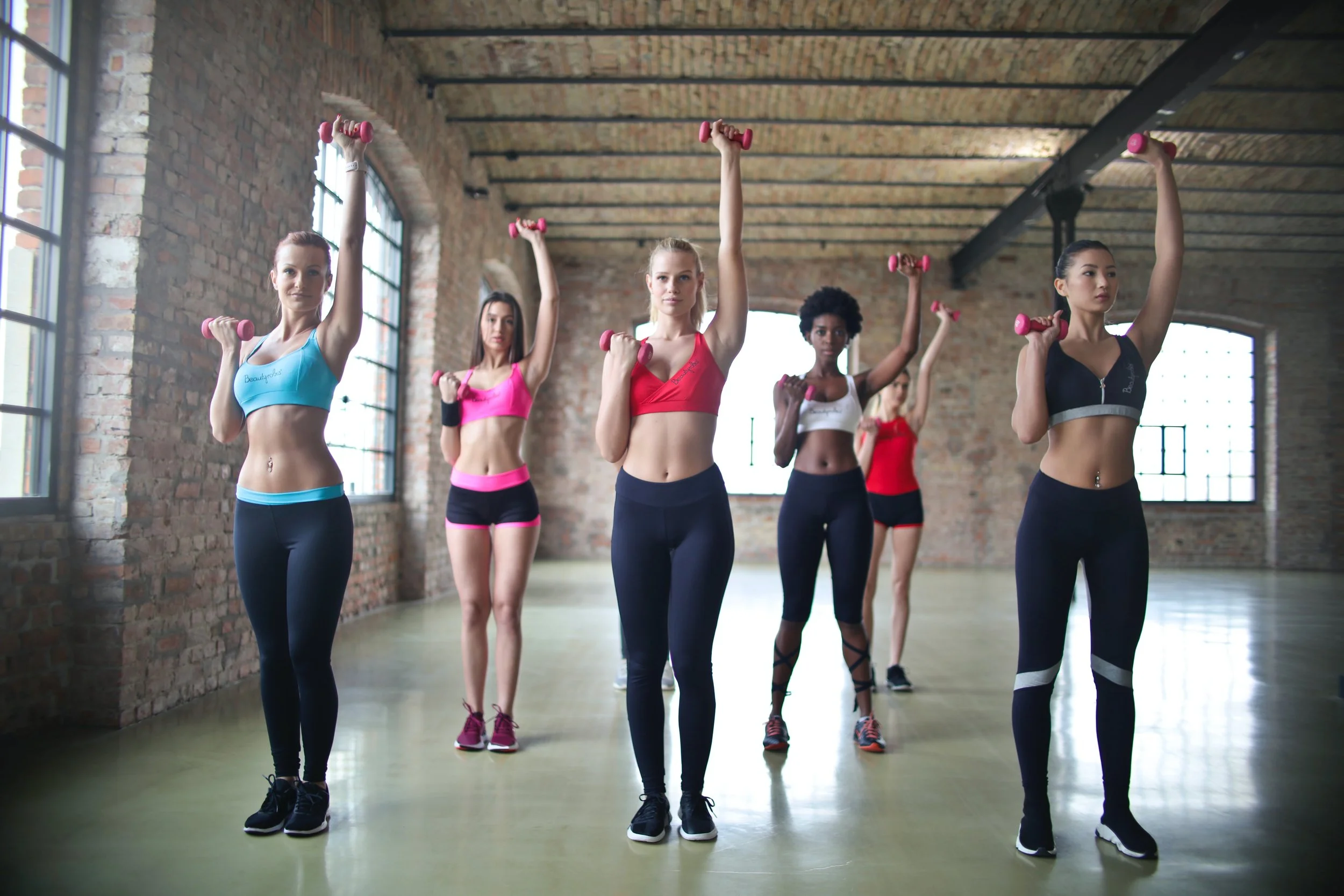The Power of Your Core!
If you think a toned midriff is only for aesthetics, you're sorely mistaken! Many people make this assumption and don't prioritize training one of the most important muscle groups in the whole body.
Having a weak core can lead to poor posture, back pain, fatigue from standing, decreased functional strength and a protruding belly! Keep reading to find out how focusing on core strength can fix these problems, and how to incorporate it into your lifestyle.
To be clear, when we're talking core strength, we're talking about your body's ability to provide trunk stability and support spinal flexion, twisting or extension. The appearance of visible abs might be a personal goal of yours as well, but it's unrelated to how strong your core is. It's simply an effect of having a low body fat percentage which is an entirely different topic altogether.
You don't have to be extremely lean to reap all the health benefits of having a strong core!
What Are Core Muscles Anyway?
This is somewhat complex since there's actually no standard definition. Essentially, the core is composed of the muscles in the body's trunk that surround the spine and organs. Some definitions of the core are as extensive as 35 different muscles in the abdomen, low back, and pelvis areas, while others only include muscles in the front of your body.
They help to support your spine, twist your torso, bend forward, extend your spine into a backbend, and support limb movement. This is all to say that your core is a large set of very important muscles with many different tasks.
Why Core Strength is Important
Back Health
Back pain is one of the most common physical issues adults suffer from today, and it can hugely impair your quality of life. The back is susceptible to issues from falls or accidents, but more often back issues actually arise slowly over time from the compiled effects of habits like poor posture and a weak core. Having a strong core protects your spine and decreases the likelihood of injury as well as improving posture habits. Simple tasks like standing and sitting up straight become easier when you improve your core stamina, which leads to a healthier back in the long-term.
Greater Ease in Daily Activities
Another important consideration is just how often you use your core in day-to-day life! Whether it's walking, picking something up, carrying groceries or getting up from sitting; all of these actions require core strength. When you invest in building up your core, you'll soon find all of these activities take less effort than before.
Improved Athletic Performance
On top of regular activities, a strong core is important for almost all athletic endeavors. Whether you do yoga, play tennis, lift weights or swim; adding core training to your routine can help improve your performance. This is because a strong core can increase balance, strength, and stamina.
Increased Confidence
Lastly, a strong core can be wonderful for your confidence. Studies show that your posture influences how you think and feel which can have a direct affect on your confidence. By standing up straight, you can quite literally change how you feel in your body. Good posture also allows you to breathe more freely and prevent the protruding belly-pouch that commonly arises with a weak core and a forward tilted pelvis. Deeper breaths mean a calmer mind, and a strong body may also help you feel proud of the effort that went into building that strength.
How to Get a Strong Core
Now that you're convinced having a stronger core can improve your life, you might be wondering how to go about getting there.
Luckily, many activities like yoga, pilates, barre, calisthenics, compound weightlifting movements, and swimming are all excellent for core strength. Additionally, there are many core-specific exercises you can do anywhere that require no equipment. Planks, crunches, bicycles twists, leg raises and side planks are a great place to start. There are countless free ab workouts available online, and plenty of ways to customize the difficulty to a suitable level for your current fitness.
Whatever activity or activities you decide to do, remember to follow proper form and consult a fitness expert if you feel out of your depth. Building a stronger core should be an empowering and enjoyable experience, not a frustrating way to gain new injuries.





